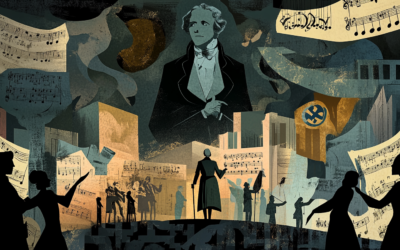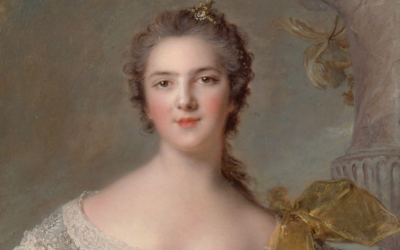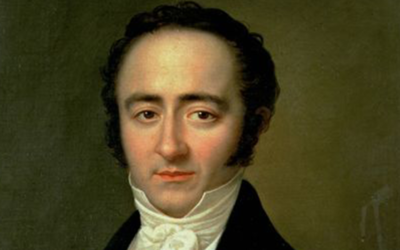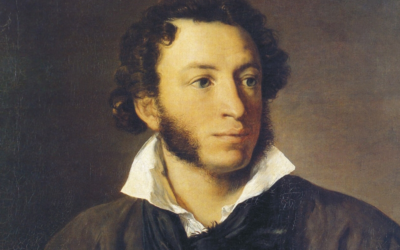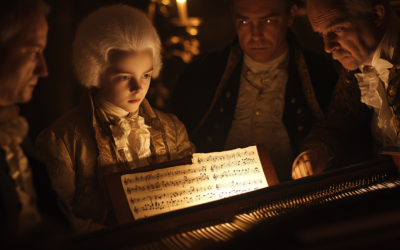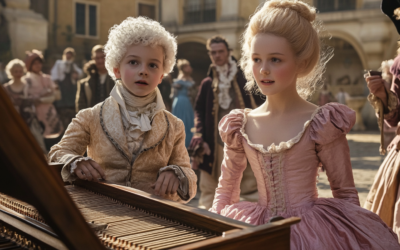Wolfgang Amadé Mozart
From London to Vienna: The Orchestrated Struggles of the Mozart Family
The Mozart family’s journey from London to Vienna was marked by illness, failed opportunities, and the relentless ambition of Leopold Mozart, revealing the pressures and challenges behind the facade of success.
Mozart in Italy: The Untold Story
Was Mozart truly a solitary genius, or was he merely the instrument of his father’s ambition? “Mozart in Italy” challenges the conventional narrative, revealing a complex dynamic between father and son that shaped the course of music history. Prepare to question everything you thought you knew.
“The struggles and setbacks they faced highlight the pressures placed on young Wolfgang and the lengths to which Leopold would go to achieve his goals”
Mozart in Italy
The tale of the Mozarts’ journey from London to Vienna is often recounted as a series of remarkable successes. However, when stripped of the embellishments and exaggerations propagated by Leopold Mozart, a more complex and challenging reality emerges. This journey was marked by illness, failed opportunities, and the relentless ambition of a father determined to craft a legacy for his son.
London: The Harsh Reality Behind the Curtain
In 1764, following their Parisian experience, the Mozart family crossed the English Channel to conquer London. Leopold, ever eager to prove the family’s worth to his friends in Salzburg, seized every opportunity to showcase his children, even in the pubs of London, while awaiting an audience at court. However, this triumphant display was abruptly halted when Leopold fell seriously ill in July, forcing the family into a prolonged stay in Chelsea. During this time, Wolfgang, then just eight years old, composed a series of simple, flawed pieces under the guidance of his sister. These compositions, often lauded as early signs of genius, are rife with errors and demonstrate the limitations of young Wolfgang’s abilities at that time.
The improvisations that Wolfgang and Nannerl performed across Europe, including London, were not spontaneous bursts of creativity, but rather rehearsed and structured pieces. These performances, meticulously planned by Leopold, aimed to impress audiences with flashy scales and arpeggios, but lacked memorable melodies and depth. The often-cited claim that Wolfgang had already mastered composition by this age is contradicted by these rudimentary works, which reveal the struggles and imperfections of a young, developing musician.
Vienna: A City of Missed Opportunities
The next significant chapter in the Mozarts’ travels was their journey to Vienna in 1767. This visit, like their time in London, was plagued by misfortune. The outbreak of smallpox, which claimed the life of Archduchess Maria Josepha of Austria, forced the cancellation of the children’s planned performances at court. Leopold, always seeking to maintain the momentum of his children’s careers, was left frustrated and desperate as Wolfgang fell seriously ill. It took months for him to recover, and by the time the family was able to return to Vienna in early 1768, the initial buzz surrounding the young prodigies had faded.
Wolfgang, though still marketable due to his youthful appearance, was no longer the child wonder who had astonished European audiences. Leopold, undeterred by the setbacks, decided it was time to transition his son from a performer to a composer, even pushing him to write an Italian opera for the Viennese stage. This ambitious plan was Leopold’s way of asserting his and Wolfgang’s capabilities, particularly in the eyes of their skeptics in Salzburg.
The Burden of Ambition
Throughout these travels, Leopold’s relentless ambition is evident. He was determined to elevate his son’s status and secure a place for him in the annals of history, often at the expense of the family’s well-being. The struggles and setbacks they faced in London and Vienna highlight the pressures placed on young Wolfgang and the lengths to which Leopold would go to achieve his goals.
You May Also Like
Mozart and the Nationalist Illusion: The 1931 Festival and Its Legacy
The Salzburg Festival, far from being a mere celebration of Mozart’s genius, was born out of nationalist ambitions during a turbulent period in Austro-German history. Conceived by figures like Max Reinhardt, Heinrich Damisch, and Friedrich Gehmacher, the festival was deeply rooted in ultranationalistic ideals, transforming Mozart’s legacy into a tool for cultural dominance. The truth behind its founding has long been obscured, but the primary sources tell a different, darker story.
K.6 and K.7 Sonatas: A Fabricated Genius?
The earliest sonatas of Wolfgang Amadeus Mozart, K.6 and K.7, are traditionally seen as proof of his precocious genius. But as we explore the murky origins of these works, we find that they may be more a product of Leopold Mozart’s ambition than Wolfgang’s musical talent. The truth, as always, lies somewhere between the notes.
Georg Nissen and the Missing Notebooks – Part II
This second part delves deeper into Georg Nissen’s scheme to expose the truth about Mozart’s death, and the roles of Constanze Mozart and her sons in keeping it buried. As new details emerge, the mystery surrounding the famous composer’s final days grows even darker, with powerful forces potentially at play.
Mozart and Salieri
Pushkin does not see Salieri as a mere mediocre. In fact, Salieri embodies the struggle of the artist, much like Michelangelo, who reaches greatness through relentless effort. Pushkin himself identifies with both Mozart and Salieri, but he emphasises that true art demands work, discipline, and sacrifice. In poisoning the Mozartian element within himself, Salieri performs a service to art, freeing it from the frivolity of effortless genius. ‘Can genius and malice coexist?’ Pushkin’s answer is complex, but in the end, Salieri’s act seems to affirm that true creation lies in the hands of those who strive.
The Fabrication of Genius
Leopold Mozart’s tireless efforts to promote his son Wolfgang as a child prodigy were rooted in manipulation, exaggeration, and a relentless drive for social success. Far from being a miraculous genius, Wolfgang was pushed into the spotlight by his father, whose grandiose claims often obscured the reality of his son’s abilities.
The Myth of Mozart
A critical examination of Wolfgang Amadeus Mozart’s life reveals a man shaped more by his father’s ambitions than by innate genius. Stripped of the myths, Mozart’s early years reflect a childhood dominated by relentless touring, inconsistent education, and a legacy built on exaggerated achievements. Discover the real story behind the legend.


